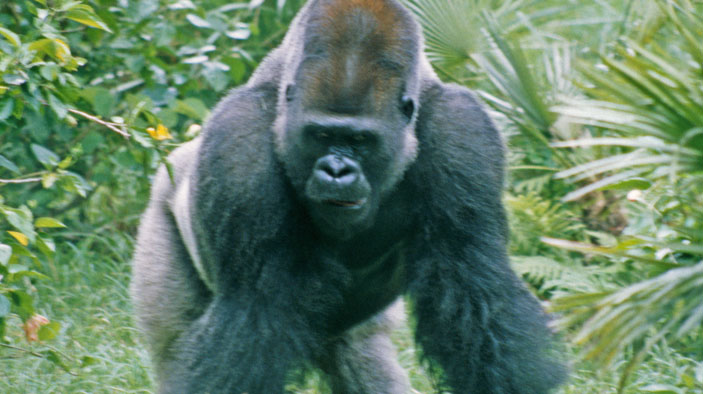Uganda—Productive Resource Investments for Managing the Environment—Western Region (PRIME/West)
Client: U.S. Agency for International Development
Duration: 2003-2008
Region: Sub-Saharan Africa
Country: Uganada
Solutions: Environment
The Albertine Rift is a vital region for global conservation, harboring more species of vertebrates than any other region on the African continent. It shelters more than half of continental Africa’s bird species and nearly 40 percent of its mammal species. However, high population density, inadequate economic opportunities, and weak natural resources governance threaten biodiversity by causing deforestation, unsustainable forest management, and habitat loss. To reduce threats to biodiversity in the Ugandan portion of the Rift, while sustainably and equitably integrating the region’s economy and people into the global economy, PRIME/West used three approaches to bring biodiversity conservation/natural resource management, and economic development together into a practical and sustainable model: landscape analysis, community-based natural resource management (CBNRM), and competitiveness. The impact of PRIME/West lay not in the application of these individual approaches, but in their creative combinations. Thus, landscape principles informed program participants on the productive potential—both economic and ecological—of the land. The CBNRM approach provided communities with use-rights of the natural resources, along with the ability to decide when and how to use those resources. The competitiveness approach turned economic and environmentally sustainable solutions and secure tenure and use rights into action within the private sector.

Sample Activities
- Increase collaborative management of forest, woodland, and aquatic ecosystems.
- Build institutional capacity for local organizations to engage in conservation activities.
- Improve skills and access to information for better conservation and development.
- Participate and, where necessary, take the lead in coordinating initiatives that enhance Uganda’s tourism policy.
Select Results
- Launched biodiversity conservation messages targeting frontline communities living around Echuya Central Forest Reserve and wetlands in the districts of Kabale, Bushenyi, Kanungu, Rukungiri, and Kisoro. The biodiversity conservation messages were the first of their kind in the region.
- Stablized the gorilla population.
- In northern Budongo Central Forest Reserve, formerly encroached and degraded bushland was colonized by forest vegetation.
- Trained 8,000 people in environmental management best practices.
- Two beach management units on Lake George developed and adopted two-year fisheries management plans and lake patrol procedures.
- In May 2007, succeeded in mobilizing partners (Lake Albert Safaris, Uganda Wildlife Authority, and the National Environmental Management Authority) to stop oil companies drilling in Kabwoya Wildlife Reserve from dredging a passage from the Kaiso lagoon to Lake Albert for purposes of mooring their barges in the lagoon.
RELATED CONTENT:
Zambia—EU Support to the National Land Audit
The Support to the National Land Audit project in Zambia supports the design and implementation of the National Land Audit, working with the Ministry of Land and Natural Resources and the Ministry of Local Government and Rural Development to develop and test audit methodologies that will then be implemented in select districts.
Read More